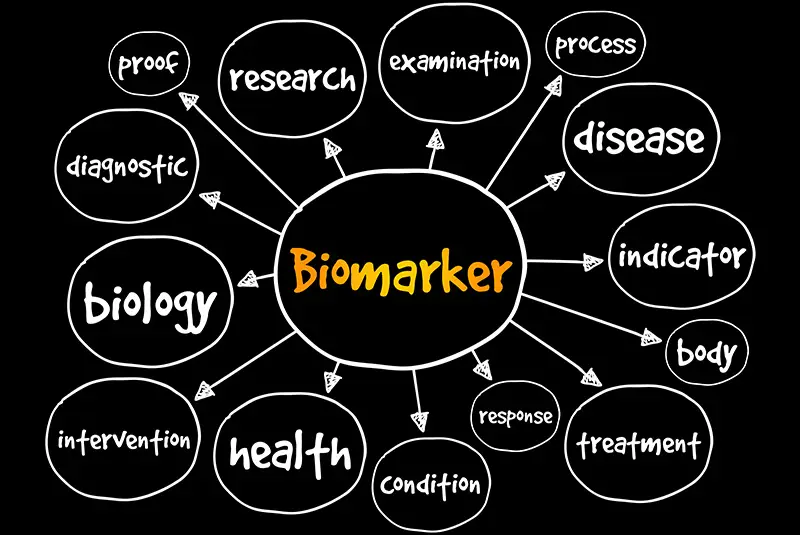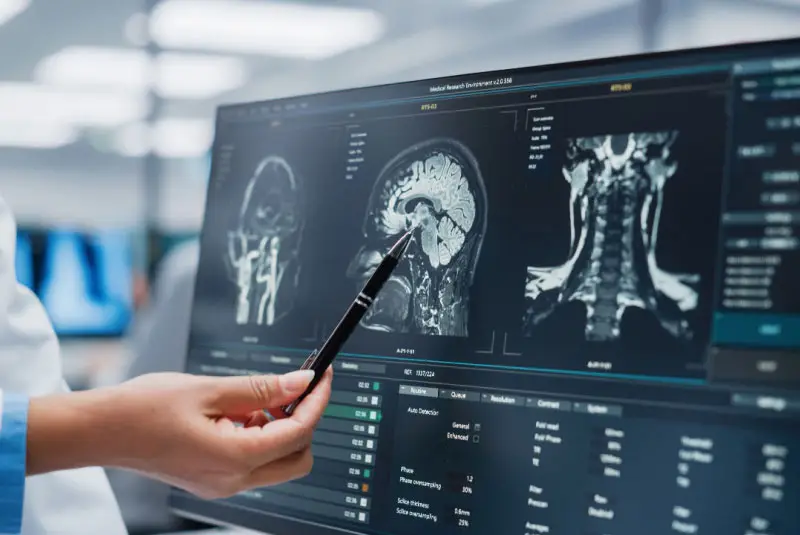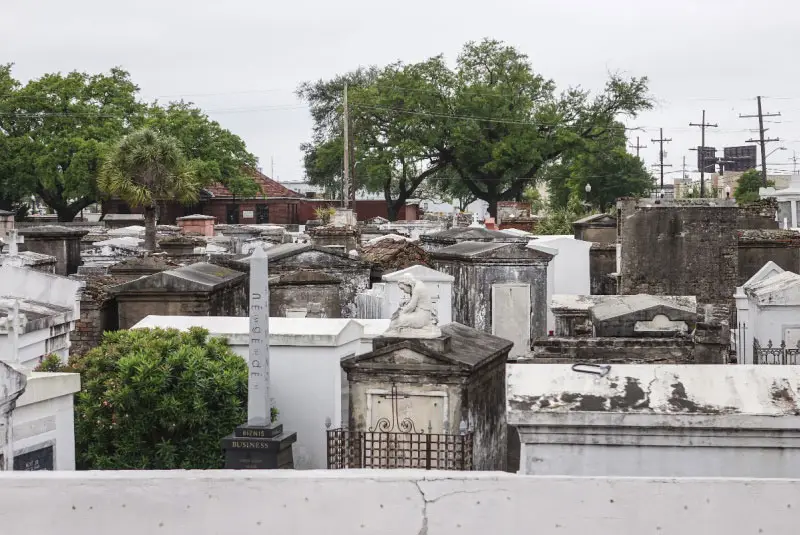Why Mental Health Deserves Serious Attention

Mental health impacts every aspect of daily life, yet remains quietly hidden behind silence, stigma, and misunderstanding.
Understanding National Donate Life Month

Every April, National Donate Life Month serves as a time of reflection, gratitude, and action. Beyond its role in raising awareness, it is a deeply human reminder of the fragile yet powerful connection between life and loss.
Why People Choose to Donate Their Bodies to Science

Why do people choose to donate their bodies to science? This personal decision is driven by various reasons, but its impact is undeniable. Whole body donation no-cost programs make it an affordable alternative to a standard funeral. It plays a crucial role in medical research, surgical training, and the development of new treatments, ultimately advancing healthcare and benefiting humanity.
Why Accreditation Matters in Whole Body Donation

This video explores the difference between accreditation and non-accreditation and why choosing an AATB-accredited organization is important when researching whole body donation.
Biomarker Testing: Unlocking Your Health Secrets

Biomarker testing has emerged as a revolutionary tool in modern medicine, offering the potential to revolutionize cancer diagnosis and treatment strategies. This comprehensive approach aids in providing personalized treatment plans and monitoring the effectiveness of interventions, enhancing patient outcomes.
The Benefits of Donating Your Body to Science

Anatomical donation is an alternative to traditional funeral arrangements with the potential to impact the quality of medical care and breakthroughs for generations to come.
The Extraordinary Symphony of Deep Brain Stimulation

Deep brain stimulation (DBS) is a groundbreaking surgical therapy that has revolutionized the treatment of neurological disorders such as Parkinson’s disease, dystonia, essential tremor, epilepsy, Tourette syndrome, and obsessive-compulsive disorder. It is also being studied as a potential treatment for chorea, chronic pain, cluster headaches, dementia, depression, addiction, and obesity.
Exploring the Compassionate World of Hospice Care

Hospice is a vital part of healthcare with this compassion-driven type of care focusing on end-of-life care versus curing and prolonging life. Their end-of-life care includes emphasis on personalized care plans, managing symptoms and pain, improving quality of life, assisting with emotional, psychosocial, and spiritual aspects of death, providing supplies and equipment, helping teach families how to care/interact with the patient, and delivering special services including physical therapy or music and art therapy.
The Neurological Impact of Grief

While losing a loved one is a universal experience, the intensity of loss can impact every individual emotionally and/or physically. Traumatic loss can come in many forms including serious illness or death of a loved one and the brain commonly responds similarly to emotional trauma or PTSD.
Funeral Traditions: Celebrating Life Around the World

Mourning and honoring the deceased is never one size fits all and the beauty in death is the unique variety of life celebrations and how people honor their deceased loved ones.

